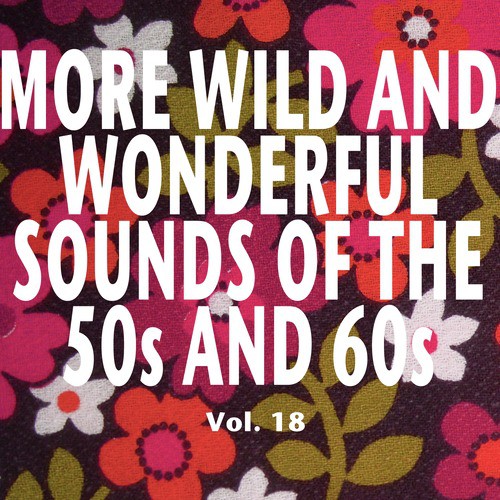
It was released by EMI on the His Master's Voice label BD 6007. Note that all five versions were on the chart during the week of December 26, 1947.Ī recording by Joe Loss and his Orchestra with vocal by Elizabeth Batey was made in London on March 11, 1948. The Woody Herman recording, Columbia Records catalog number 37885, reached the Billboard magazine charts the same week at No. 15, also lasting one week. The Ray McKinley recording, Majestic Records catalog number 7274, first reached the Billboard charts on December 26, 1947, at No. 14, lasting one week. The Jack Smith recording released by Capitol Records as catalog number 465 reached the Billboard magazine charts on December 26, 1947, and lasted two weeks on the chart, peaking at No. 14. The Louis Prima recording made July 24, 1947, RCA Victor Records catalog number 20-2400, first reached the Billboard magazine charts on November 7, 1947, and lasted eight weeks, peaking at No. 8. The record first reached the Billboard magazine charts on November 14, 1947, and lasted 10 weeks on the chart, peaking at No. 3.

The Andrews Sisters and Danny Kaye recording was made September 27, 1947, and released by Decca Records as catalog number 23940.

However, the native rejects them and sings about the major flaws in civilized society, ultimately deciding that he will stay where he lives (presumably the Congo in the song's lyrics).Īt least five recorded versions made the Billboard charts: by The Andrews Sisters and Danny Kaye, by Louis Prima, by "Smilin'" Jack Smith, by Ray McKinley, and by Woody Herman. These visitors are trying to "civilize" the tribe. The song is a satire sung from the perspective of a native person whose village is visited by a missionary and other "civilized" people whom the native refers to as "educated savages".


 0 kommentar(er)
0 kommentar(er)
